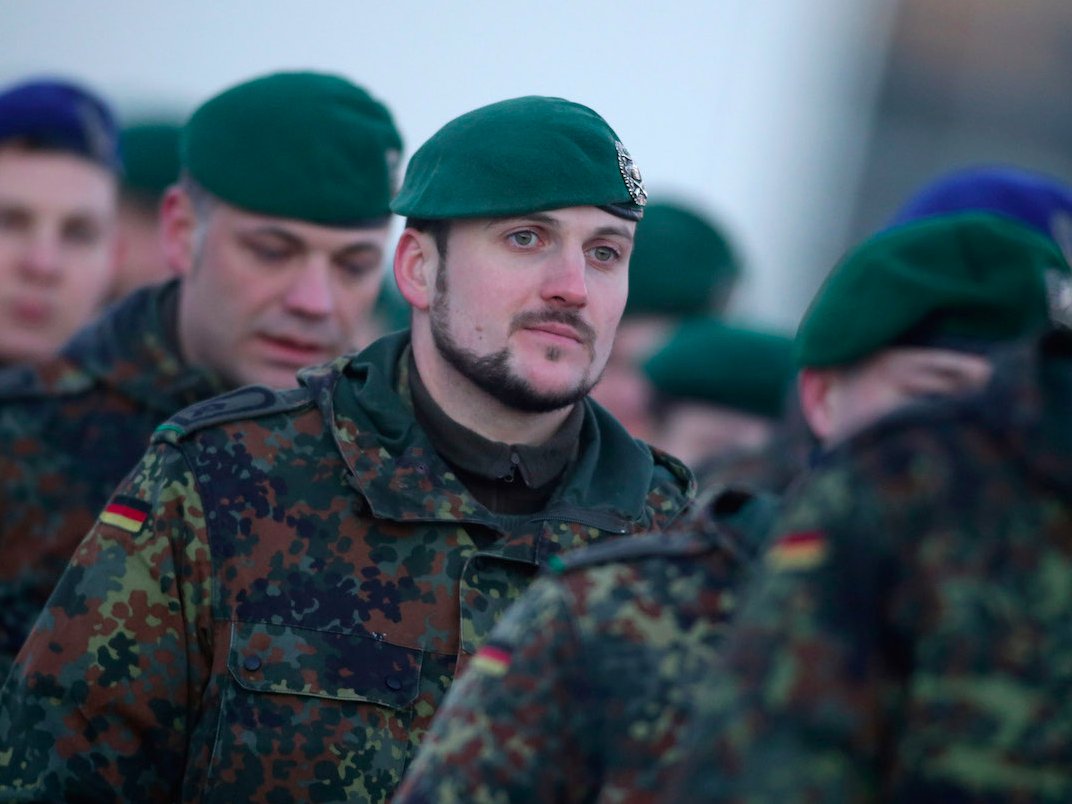
LONDON — Germany and the UK are set to sign new defence deals after Article 50 is triggered, according to the Financial Times.
The FT reports that Britain and Germany will work together on cybersecurity, training, and maritime patrols. A spokesperson for the Ministry of Defence told the paper: “Independent of the effects of Brexit, Great Britain remains a strong partner and ally in Nato and also bilaterally.”
Prime Minister Theresa May is reportedly keen to emphasise Britain’s continued cooperation with Europe and its key nations at a sensitive time for the UK. May is expected to trigger Article 50 before the end of the month, officially beginning the two-year window for the UK to negotiate its exit from the EU.
One of May’s 12 Brexit objectives set out in January was to “continue to work closely with our European allies in foreign and defence policy even as we leave the EU itself.”
However, the subject of defence cooperation between Britain and the EU has proved contentious, with UKIP MEP Jonathan Arnott attacking plans for the UK to fund what he dubbed a “private army” for the EU.
The German-UK defence deal also comes at a sensitive time for Germany, which has been criticised by US President Donald Trump for not doing enough in NATO, the Western military alliance. Trump’s claimed last week that Germany owes NATO and the United States “vast sums” of money for defence, an allegation rejected by Germany.
German and British troops are currently involved in a NATO deployment in eastern Europe, a signal against Russian aggression. 800 British troops are currently involved in an operation in Estonia. Defence Secretary Sir Michael Fallon said in a statement announcing the move: “In the face of an increasingly assertive Russia, NATO is stepping up its commitment to collective defence.”













